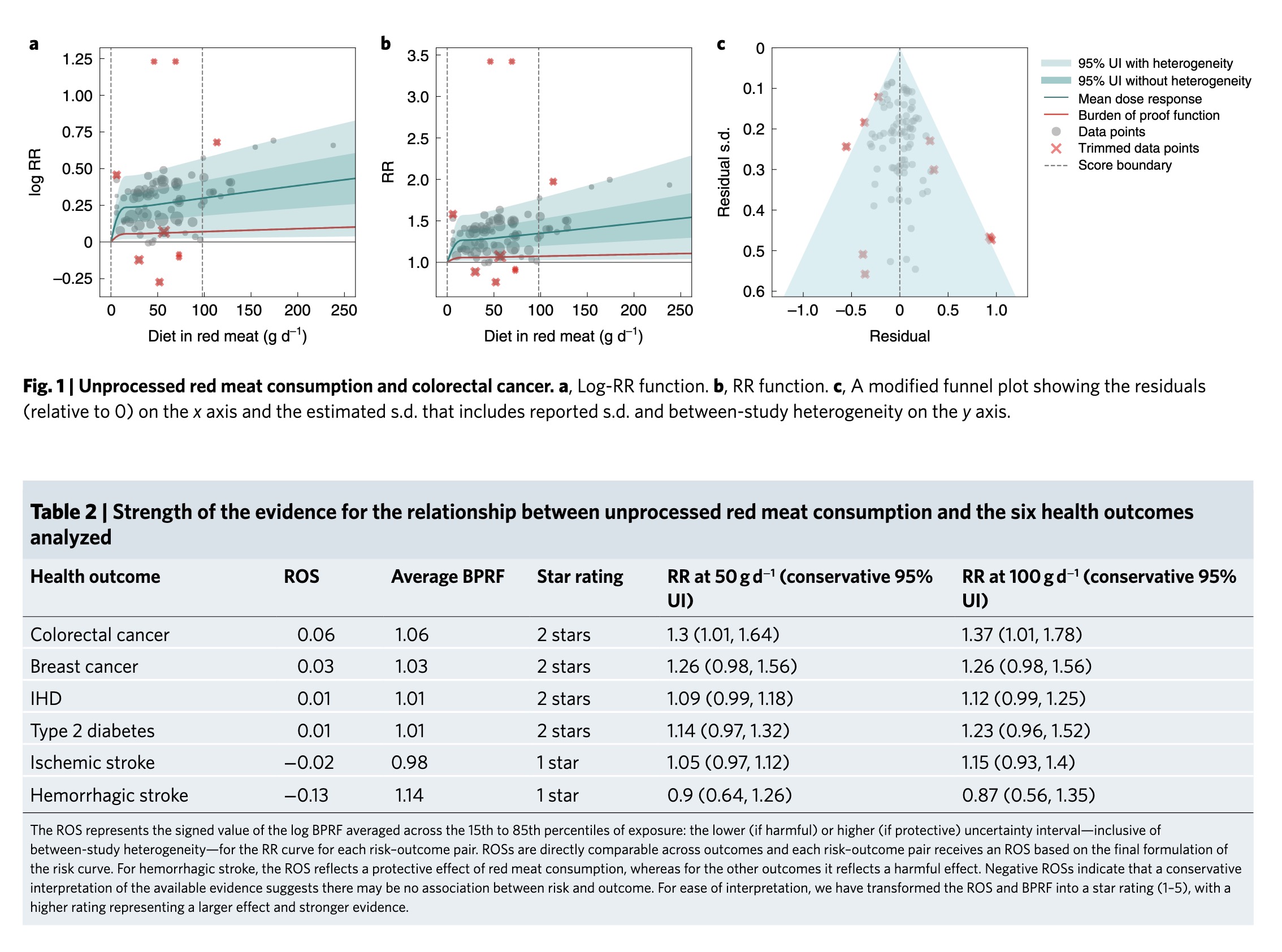this post was submitted on 22 May 2025
3 points (100.0% liked)
Friendly Carnivore
114 readers
6 users here now
Carnivore
The ultimate, zero carb, elimination diet
Meat Heals.
We are focused on health and lifestyle while trying to eat zero carb bioavailable foods.
Keep being AWESOME
Purpose
- lifestyle
- food
- Science
- problems
- Recipes
- Sustainability
- Regenerative lifestyle
Rules
- Be nice
- Stay on topic
- Don't farm rage
- Be respectful of other diets, choices, lifestyles!!!!
- No Blanket down voting - If you only come to this community to downvote its the wrong community for you
Other terms: LCHF Carnivore, Keto Carnivore, Ketogenic Carnivore, Low Carb Carnivore, Zero Carb Carnivore, Animal Based Diet, Animal Sourced Foods
Resource Post!- Papers - Books - Channels
founded 4 months ago
MODERATORS
you are viewing a single comment's thread
view the rest of the comments
view the rest of the comments

The medical community is finally starting to notice that glucose instability is causal to cardiovascular conditions, after all we just had 40 years of denigrating meat and fat, promoting high carb diets, ending with a major increase in T2D and cardiovascular disease.
I mean for crying out loud it's right in our faces, yet some biochemists were making this very point by the early 90's.
Even worse, doctors who treated diabetes (T1) in the early 20th century already understood reducing simple carbs and increasing fat and protein was the way to help manage T1.
Thanks for the links
Even the associative papers get the risk factors super low for glucose. The researchers forming the questions on a observational data set are as important as the data itself.
Yeah, it's crazy, we had the Banting diet in 1863!!!!!! And somehow totally forgot about it during the T2D epidemic.
https://en.wikipedia.org/wiki/William_Banting#Weight_loss_diet